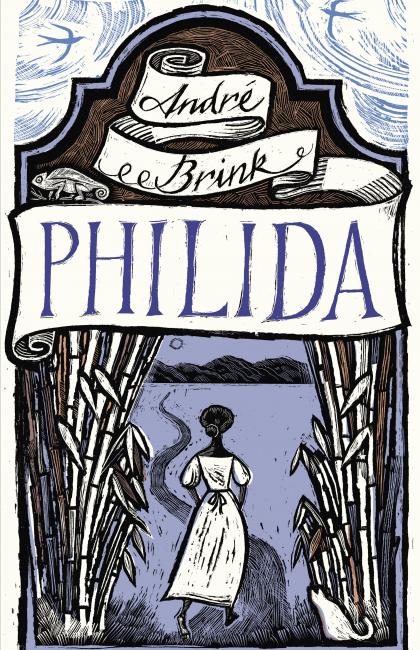Book review Tuesday: Philida, by Andre Brink
In my effort not to be a complete ignoramus about the country I’m living in, I’ve been trying to read some South African literature and journalistic non-fiction. Being me, I’m doing much better with the fiction than the non-fiction. Whereas I haven’t been able to pick up Country of My Skull – a harrowing account of South Africa’s Truth and Reconciliation Commission – for weeks now, I finished Andre Brink’s novel Philida easily. Philida was longlisted for the Man Booker Prize in 2012, but I actually decided to read it because an American friend of mine, Jon, told me he had just torn through one of Brink’s other books, A Dry White Season, and that I had to read it. I went to my local bookstore to look for it but they didn’t have it – but they did have Philida.
Philida is the story of a slave woman living in the Cape in the 1830s. The book opens with Philida lodging a complaint with the Office of the Slave Protector against her owner, Cornelis Brink, and his son, Francois Brink. Francois, Philida explains, is the father of her four children, and he promised to set her free. Now, he has reneged on his promise and is selling Philida – and their children – upcountry so he can marry a rich white woman.
The novel traces Philida’s struggle to gain her freedom, and illuminates complex relationships between owners and slaves. Secrets about the Brink family come to light and one begins to understand, bit by bit, why the slave-owner dynamics are so very tricky in this particular family. Philida is set in the 1830s, just before slaves were emancipated in South Africa in 1834 (via the Slavery Abolition Act, which abolished slavery throughout the British empire). The knowledge, shared by owners and slaves alike, that the slaves will soon be set free, complicates matters even further.
The plot has a few twists and turns but, in general, is slow-paced. Much of Philida’s journey happens on foot, with meandering descriptions of the landscape and her thoughts. Even if long-winded, the story still manages to be gripping, and the diversions weren’t enough to make me lose interest. Plus, Brink’s writing is so unique, it was hard to get bored.
When reading Philida, it is difficult not to be impressed by the ability of Brink – a white South African man – to write from the perspective of Philida, a black (or perhaps coloured) South African female slave. Brink explained in an interview with NPR that the story was based on historical records and one of the main characters, Francois Brink, was an actual ancestor of his. Philida’s voice is absorbing; it is easy to forget that she was brought to life by a white man. Brink also tells parts of the story from the perspective of Francois and Cornelis, but it is Philida we are rooting for and whose voice dominates the narrative.
In the end, Philida gets a kind of deliverance, although this is not what one would call a “feel good” book. Still, if you’re looking to read well-crafted historical fiction about one piece of South Africa’s complicated past, Philida is a good place to start.
